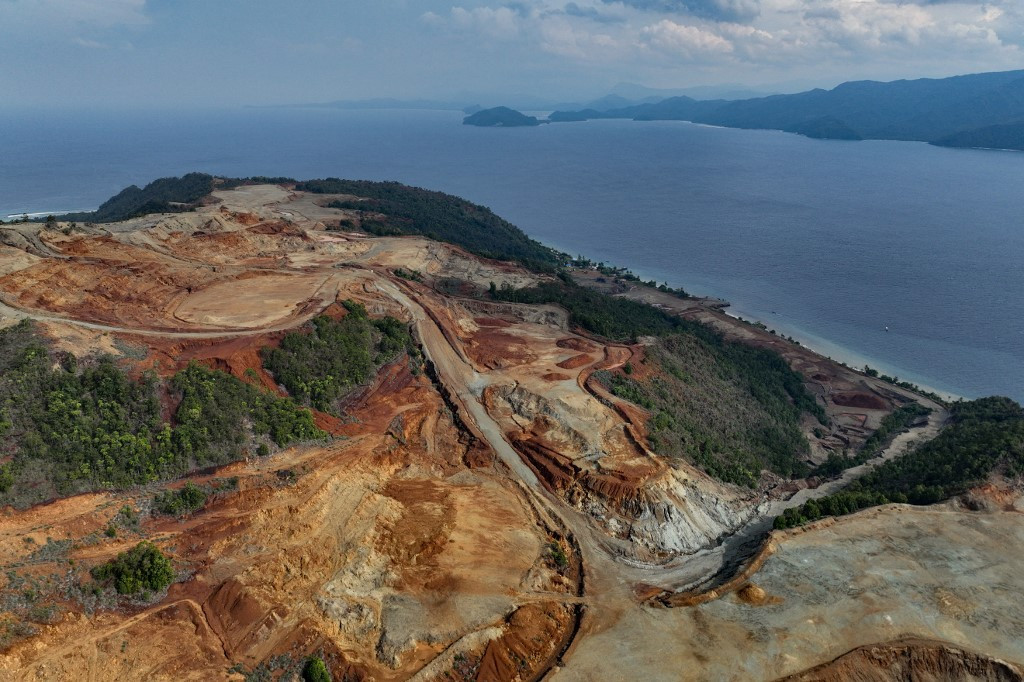Sector: Mining
Situation: Regulatory Change
The Situation
In mid-2025, Indonesian authorities revoked permits for four nickel mining companies in Raja Ampat, West Papua. Although the client site was located outside the UNESCO-designated geopark, the decision created a ripple effect across the region.
Operators nearby faced heightened regulatory scrutiny, growing NGO activism, and widespread media attention. These developments disrupted export schedules, increased inspections, and forced mining companies to strengthen compliance practices and community engagement.
Challenges for Mining Operators
The situation introduced multiple layers of operational and reputational risk:
- Regulatory Uncertainty: Revoked permits raised fears of broader industry clampdowns.
- Protests and NGO Campaigns: Environmental groups amplified scrutiny on nickel mining near sensitive ecological zones.
- Export Delays: Increased inspections at ports slowed shipments and strained supply commitments.
- Reputational Pressure: Global buyers demanded assurances of compliance and sustainable practices.
For risk managers, this combination meant managing not only operational disruptions but also the perception risks influencing global stakeholders.
How Datasurfr Intelligence Supported
Datasurfr Intelligence provided real-time visibility and situational insights, enabling mining companies to mitigate uncertainty:
Regulatory Monitoring
Early detection of government notices gave operators time to prepare documentation and align compliance efforts before inspections.
Community & Activism Tracking
Datasurfr flagged NGO campaigns, protest activity, and local access disruptions, allowing field teams to plan operations safely and anticipate reputational challenges.
Operational Awareness
Verified intelligence on port delays, regulatory checks, and inspection backlogs helped operators adjust export schedules and avoid further bottlenecks.
Stakeholder Communication
Curated intelligence briefings supported transparent engagement with regulators, investors, and buyers, strengthening trust during heightened scrutiny.
Impact on the Mining Sector
Through proactive use of intelligence, operators were able to:
- Enter inspections better prepared, reducing compliance risks.
- Adjust field operations in line with official advisories, minimizing disruption.
- Manage export delays by early communication with global buyers.
- Moderate reputational risks through timely updates and transparent disclosures.
Key Takeaways for Risk Managers in Mining
- Regulatory environments can shift suddenly; continuous monitoring is essential.
- Community activism and NGO campaigns amplify risks far beyond local operations.
- Export and logistics planning must integrate real-time intelligence to maintain continuity.
- Transparent communication strengthens trust with regulators, investors, and buyers during periods of uncertainty.
Conclusion
The Raja Ampat nickel mining case demonstrates how regulatory uncertainty, activism, and reputational pressures can converge to disrupt operations. By leveraging Datasurfr Intelligence, operators gained the foresight to prepare compliance documentation, adjust logistics, and engage stakeholders effectively.
In volatile regulatory environments, intelligence is not just a support function — it is a strategic enabler of resilience, helping organisations protect operations, reputations, and long-term business continuity.


